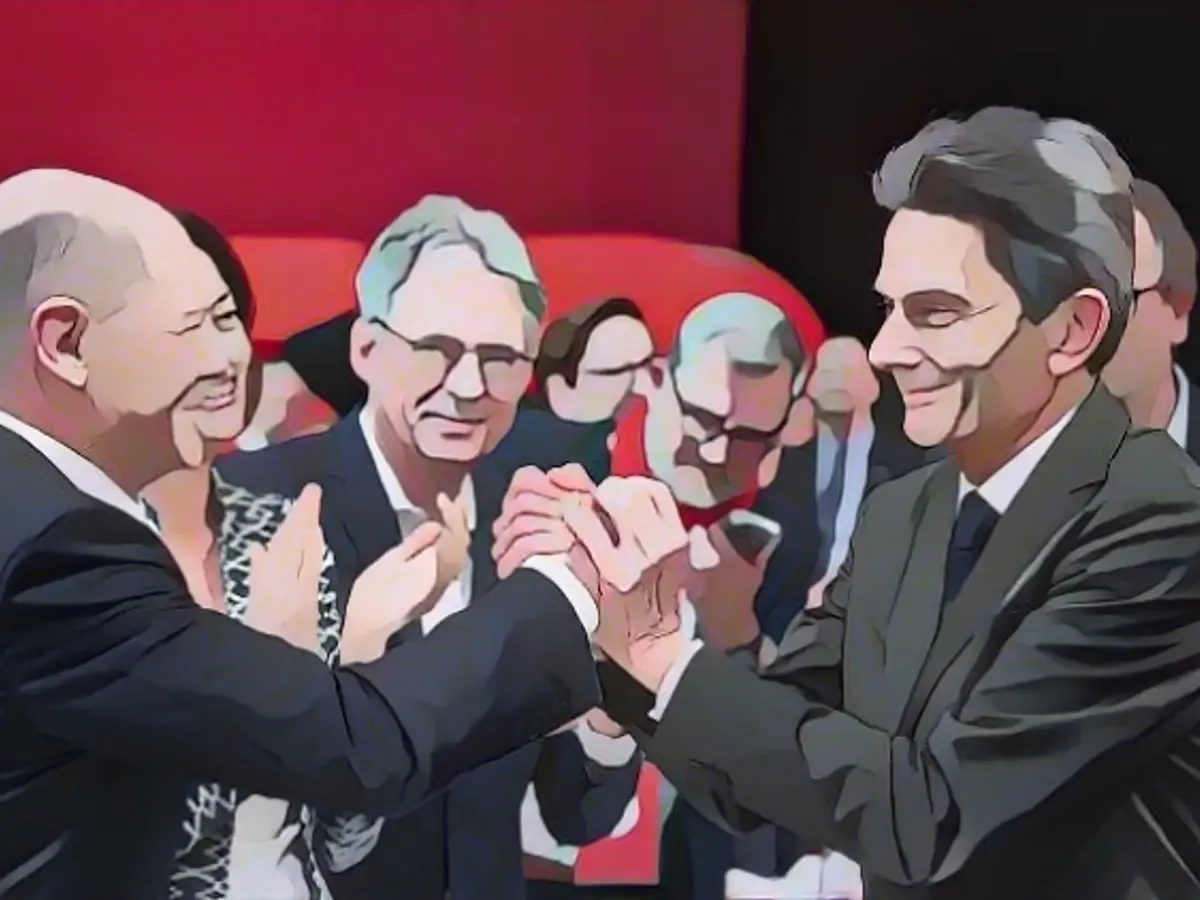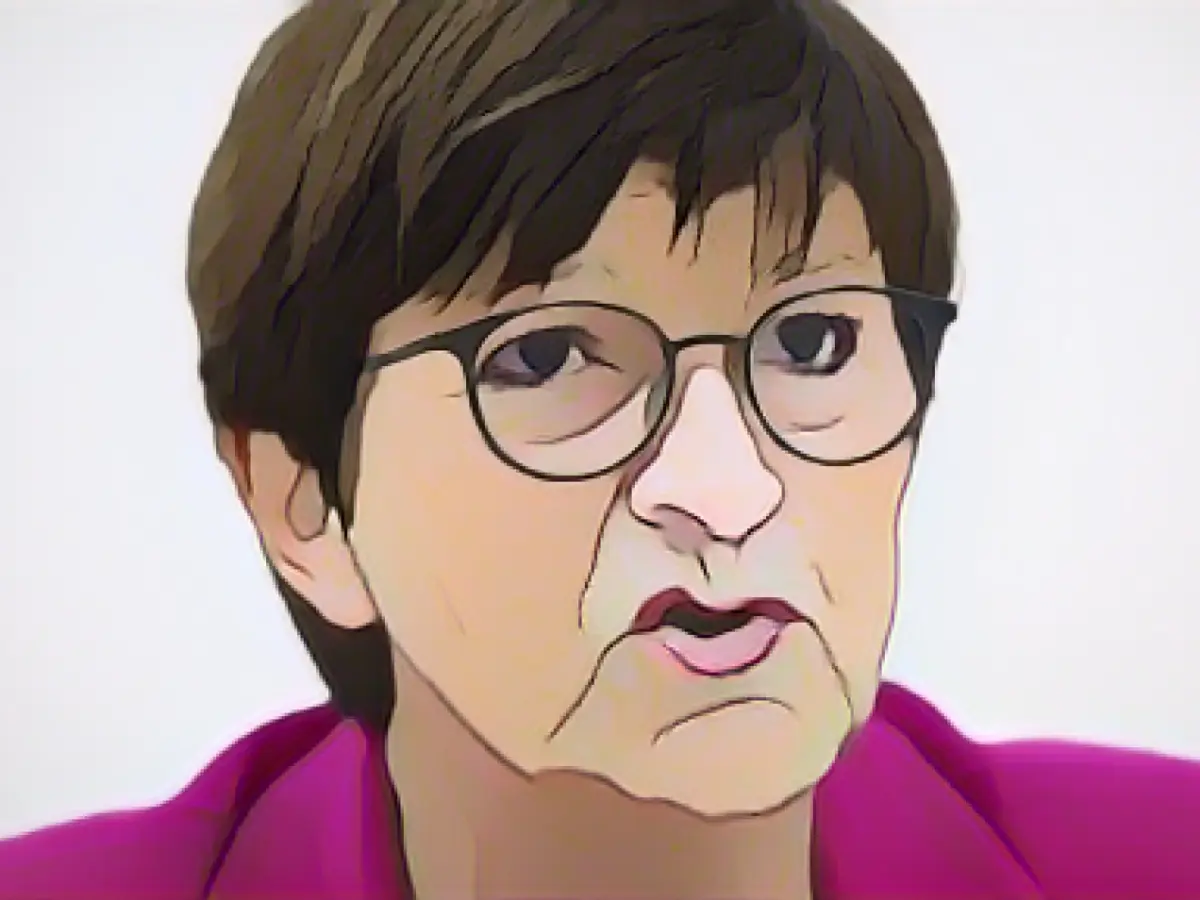Bundeswehr Replacement Funds Repurposed for Ukraine Aid, Sparking Controversy
The German government's decision to tap into the 100 billion euro special fund for Bundeswehr rearmament to finance replacements for weapons sent to Ukraine has sparked criticism from the CDU. This move goes against the principle that the fund should be used for rearmament and not for ongoing operations.
According to a finance ministry paper outlining next year's budget, expenditures for "reprocurement from refurbishment" will now be covered by the special fund for the Bundeswehr. The budget agreement, announced by Olaf Scholz, Christian Lindner, and Robert Habeck, includes a 520 million euro allocation for this purpose.
However, the coalition had earlier promised that replacements for surrendered equipment would not come from the defense budget or the special fund. CDU defense politician Ingo Gädechens expressed his dismay, stating that the Ampel coalition had "broken a central promise to the Bundeswehr" by financing all systems from the already over-subscribed special fund for Bundeswehr rearmament.
Despite this, in the spring, Gädechens received a confirmation from the federal government that replacement procurements would not be paid for from the defense budget or the special fund. Parliamentary state secretary for defense, SPD politician Thomas Hitschler, informed him that the replacement procurements would be financed from funds in Section 60, titled "General financial administration." However, the special fund decision now means funds allocated for large, new armament projects, such as F35 fighter jets or larger naval vessels, will be affected.
The original budget contained plans for Section 60, which included funds for strengthening partner states in areas of security, defense, and stabilization. Ukraine was one such partner state, with 4 billion euros earmarked initially, but this sum is set to be doubled now that the replacement for the Bundeswehr is no longer financed via this pot.
The controversy surrounding this decision has been fueled by contradictory statements from government officials. While Hitschler's reply to Gädechens focused on 2023, the original draft for the 2024 budget included provision for this. Defense Minister Boris Pistorius had also suggested in public statements that replacement procurements could be financed from Section 60.
Additional Insights
The decision to reallocate funds from the special fund for Bundeswehr rearmament to finance replacements for weapons supplied to Ukraine can be attributed to several factors:
- Urgent military support needs for Ukraine, with Germany playing a significant role in countering Russian aggression.
- The shift in German defense policy following the full-scale invasion of Ukraine by Russia in February 2022.
- Germany's financial commitments towards Ukraine's military assistance, with funds from the special fund for Bundeswehr rearmament accounting for a significant portion.
- The strategic imperative of strengthening NATO's capabilities and bolstering Ukraine's defense against Russian imperialism.
- Operational flexibility required to quickly mobilize and supply military equipment, as the situation in Ukraine evolves.
Despite the reasoning behind the decision, there are ongoing debates about the effectiveness of Germany's defense policy in response to Russian aggression and the long-term sustainability of its defense spending committments. Some critics argue that the process could have been more efficient and that delays in large-scale armament projects have resulted from the reallocation of funds.








